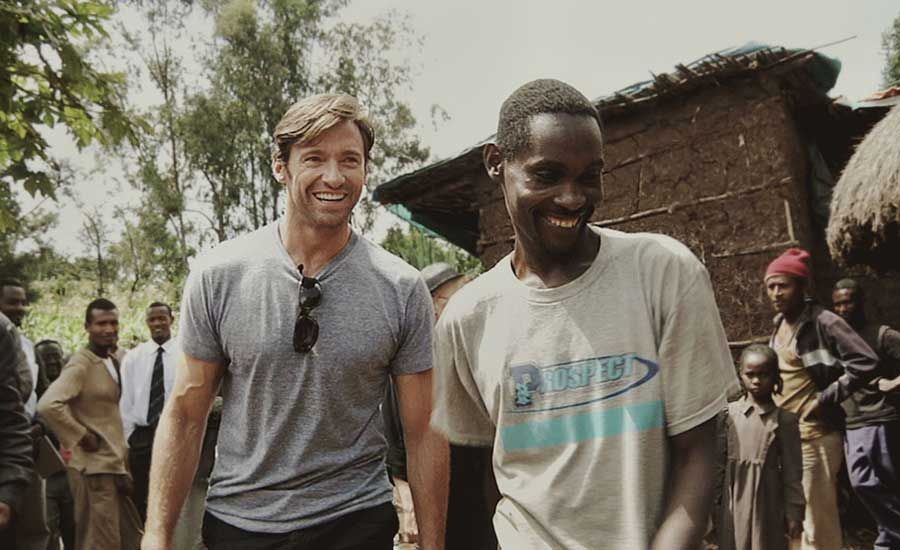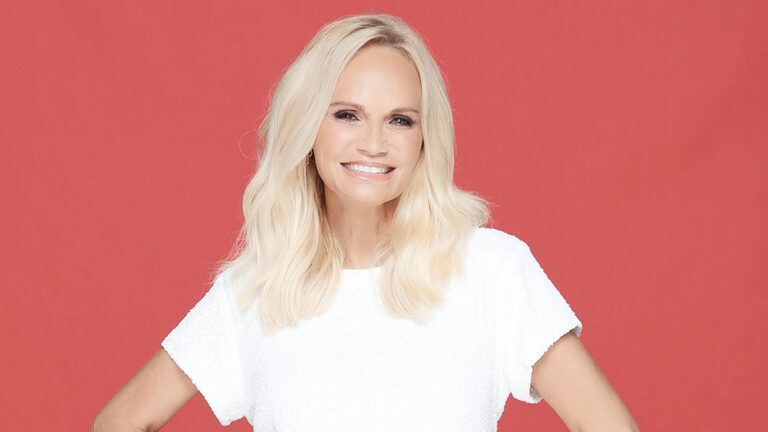What if you could solve one of the biggest humanitarian crises of our time just by buying a cup of coffee?
That’s the question Hugh Jackman’s new documentary, Dukale’s Dream sets out to answer. The film, directed by Josh Rothstein, follows Jackman and his wife Debbora-Lee Furness as they journey to Ethiopia to meet with coffee farmers in a remote region of the country. Their goal: to explore how community development is helping to shift the way we look at aid in developing countries.
Jackman has long been known for his involvement in human rights issues, but according to Rothstein, the group could have never imagined that their trip, which began thanks to their involvement with the Christian humanitarian organization World Vision, would have ever translated to the big screen.
“It’s so far beyond any of our initial intentions that we just sort of laugh about it now,” Rothstein told Guideposts.org. “This was initially just an internal World Vision piece about documenting community development work [and now] it’s become this massive advocacy film for conscientious consumerism. It’s taken on its own life.”
That’s thanks in part to the doc’s real star, an Ethiopian coffee farmer named Dukale (whose last name is being withheld for security reasons). The 27-year old father of five meets Jackman and his wife when they visit his village in order to explore the effects fair trade coffee can have on the farmers responsible for growing, caring for and supplying our daily cup of joe.
The model, and the whole premise of fair trade is actually quite simple – it’s making sure that the money made from coffee sales goes directly to the farmers supplying the product. It’s a relatively easy concept to grasp but one that often isn’t put into practice by large corporations and businesses. For us, fair trade coffee might mean spending an extra few cents when we purchase our daily dose of caffeine, but, as shown in Rothstein’s film, for Dukale, a man struggling to provide for his family and make a living from his trade, it can be the difference in whether he and his children will have food on the table.
One way that Dukale has benefitted from being a part of a fair trade co-op is being able to afford a methane gas converter. Being able to cook a hot meal on a stove powered by gas (converted from cow manure) may not seem like a revolutionary idea, but the benefits of having that one small luxury are evident when Jackman and his wife visit neighboring villagers who must resort to cooking over an open fire in their homes. That thick smoke fills their huts, and most of the women and children who breathe in that polluted air every day are likely to suffer with and even die from respiratory disease.
READ MORE: AN INSPIRING ROLE MODEL
But because Dukale’s wife Adanesh no longer had to collect firewood for cooking, she was able to use her time generating more income for the family, eventually starting a successful cafe while their children went to school, their oldest on track to become the first in their family to graduate from high school. Dukale has been able to reinvest his profits from farming into purchasing even more land and producing even more coffee, allowing him and his family access to a better life.
“It can feel so daunting, so it’s easy to block out this idea of caring about your neighbors whether they’re next door or across the world,” Rothstein said of the disconnect between people in developed countries and in developing nations. But ultimately, Rothstein hopes that audiences will learn how easy it is for people around the world to contribute to the health and wellness of humanity, across the globe.
“I think what’s appealing about fair trade–and not just fair trade, but any sort of mindful consumerism and ethical consumption–is this idea that as a consumer, you can play a role in making small changes through making certain purchase decisions. You don’t have to completely change your life but little decisions that you make actually add up when enough people are doing them. I’m hopeful that with a film like this, enough people [will] begin to say ‘You know what, let me join this bandwagon. There’s already some great progress being made in this particular space and I want to participate in this.’”
Dukale’s Dream is playing in select theaters now.




